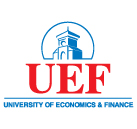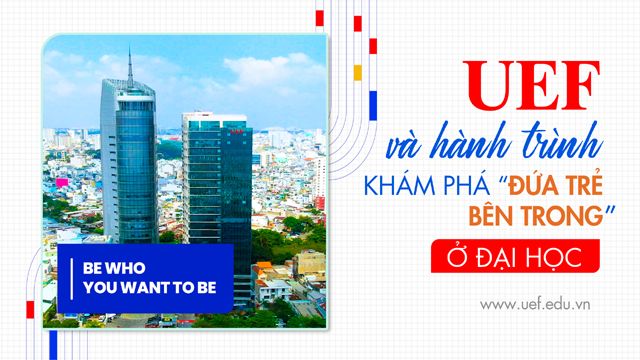UEF and Queensland University of Technology - Australia to promote cooperation opportunities
After a meeting with the Commercial and Investment Counselor, Education Development Director of the Australian Consulate General in Ho Chi Minh City, UEF continued to discuss international cooperation opportunities with other Australian universities. Accordingly, on the morning of June 5, UEF met and discussed with representatives of Queensland University of Technology (QUT).
Representatives from UEF included Dr. Do Huu Nguyen Loc - Vice President, Director of UEF International Institute, Ms. Huynh Tu Anh - Deputy Director of UEF International Institute, and Mr. Hoang Tran Quang Duong - Head of International Academic Operation.
Attending on QUT’s behalf were Mr. Paul Bolt - Executive Director of QUT International; Prof. Cameron Newton - Deputy Dean, Faculty of Business and Law; Ms. Janice Lau - Client Partner, Faculty of Business and Law; Ms. Binh Palm (Nguyen) - Regional Coordinator Southeast Asia; and Ms. Lucy - QUT Representative in Vietnam.
UEF and QUT representatives discussed possible cooperation opportunities
As the meeting began, Dr. Do Huu Nguyen Loc gave an overview of UEF as well as the international training program.
QUT representatives also shared an introduction of the university. QUT is known as an Australian prestigious university with a variety of majors that are among the top 100 worldwide such as Communication (ranked 1st in Australia and 19th in the world), Business (top 1% of Business School worldwide, ranked 3rd in Australia), Design (ranked 45th in the world), Art, Information Technology, and Data Science.
The meeting promoted opportunities for international program in Australia
Through the discussion, both partners directed toward cooperation opportunities in the 4+0 program (TNE), articulation programs, short-term exchange programs, faculty-student exchange programs, and semesters abroad.
It is expected that the cooperation discussed in the meeting with QUT will soon be implemented in the near future. This is an opportunity for UEF to expand international programs as well as increase students’ cultural experiences and access to advanced education systems in the world.
TT.TT-TT

















